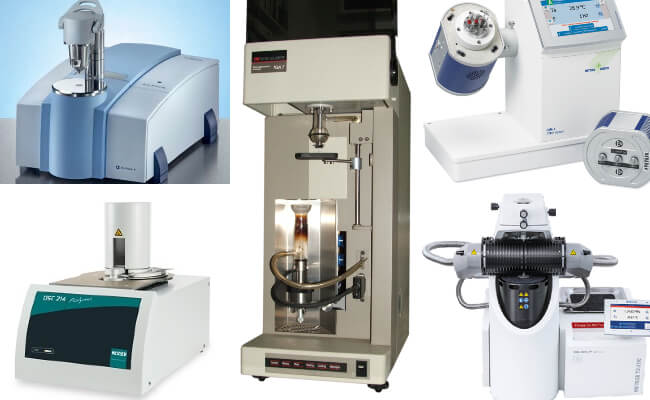- Call: +1 850 633 2663

Thermal analysis is a critical aspect of polymer product development, and advancements in scientific approaches can help speed up the formulation process. Thermal processing issues such as melting, crystallization, and glass transitions can be challenging to solve, but advanced techniques such as differential scanning calorimetry (DSC) and thermal gravimetric analysis (TGA) can provide crucial information on the thermal behavior of polymer materials. By utilizing these methods, scientists can better understand how the polymer responds to heat, and identify potential processing problems that may occur during production. This knowledge can enable faster product development and optimization, as well as more efficient troubleshooting of thermal issues that may arise in the future. Additionally, advancements in computer simulation and modeling can provide even more insights into the behavior of polymer materials under thermal stress, allowing for more precise formulation and process control. Overall, a scientific approach to thermal analysis can help ensure that polymer products meet the necessary performance requirements and can be produced efficiently and reliably.
In this training session, we'll be discussing;
1. Comprehensive Understanding of Thermal Analysis Techniques: Gain in-depth knowledge of various TA methods and their applications in polymer science, enhancing your expertise in this critical area.
2. Real-world Application: Learn how to apply data from TA techniques in practical scenarios for developing and improving polymer products, bridging the gap between theory and practice.
3. Enhanced Product Development Skills: Acquire skills to establish structure-property relationships in polymers, enabling you to develop superior polymer products and solve common industry problems.
4. Immediate Applicability and Broad Relevance: Whether you're a seasoned polymer scientist or a newcomer, this training offers immediate, practical insights that are applicable across different levels of experience.
This is highly recommended and must have training for chemical industry professionals engaged in diverse application/formulation areas; in particular:
- R&D chemists, formulators, new product developers
- Technical service managers, lab managers, product managers
- People that function in the materials development areas
5 reviews